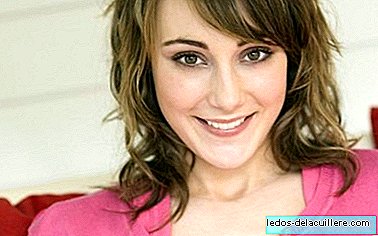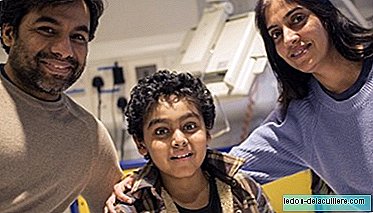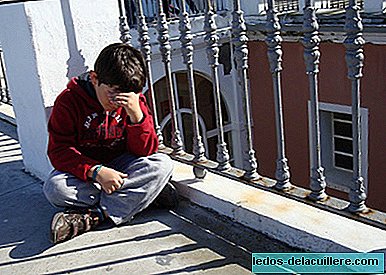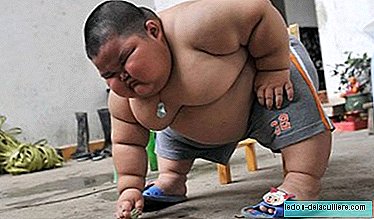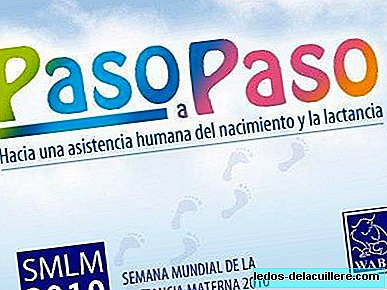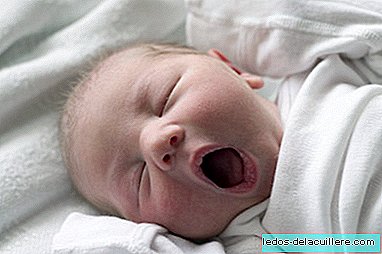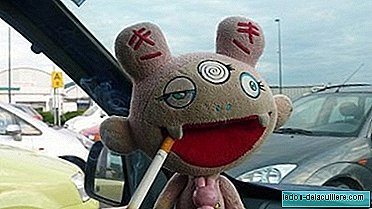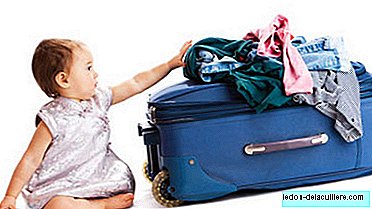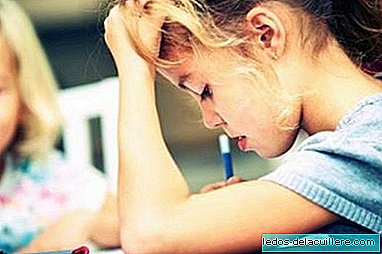
Days ago we commented that Spanish children do an average of 6.5 hours of homework a week, above the European average, which is 4.9 hours. I expressed my opinion then, that I do not consider them necessary for children to learn, but we wanted to go further. We contacted the European Lyceum of Madrid, a school with a different educational model, no homework until eleven.
Mª Dolores Molina, technical director of the European Lyceum He has kindly agreed to answer our questions to better understand his philosophy regarding homework and other aspects of teaching.
What philosophy do you have in the European Lyceum regarding duties?
In European Lyceum there are no duties until eleven. We use an Active Teaching methodology. This makes students discover and practice their knowledge during the school day. Learning occurs entirely in the classroom. At home, they should play, read, enjoy their free time. They also learn, but from society and their parents in an unregulated way. After 9-10 years, students who do not finish the class exercises take it home. Upon arriving at Secondary, and depending on the course, the tasks to be performed outside the School increase. In no case, is it about moving home school work, canceling direct contact with family and social reality.
Do you think homework is necessary to make children more responsible and to create a solid study habit? What use do they have?
"Active teaching is intelligent learning, not based solely on memory"
Until the age of eleven we do not consider them as an essential or necessary part of the teaching and learning process of children. The habit of study is created from motivation and the pleasure of learning. Students know how to learn and practice it intensely and very motivated throughout the long school day. From this age, they are necessary to reinforce what they have learned in class and create study habits, always under the premise that children can do this work autonomously.

Are there other ways to strengthen knowledge outside the classroom? What methods do you use?
New technologies have helped a lot in this process, creating new ways of learning. At present, children have a lot of information, therefore, it is necessary that they learn to classify it, to ask questions, to investigate and contrast the information, and to set challenges.
According to the latest OECD report, homework fuels school inequality, as they contribute to widening the gap between high and middle socioeconomic students and students belonging to disadvantaged families. What do you think about this?
"The habit of study is created from motivation and the pleasure of learning"
It is an opinion already formulated since the 1960s. It is possible, it is a hypothesis, that the failure of Spanish education is shifting learning from school to homes. The teachers are to teach. The parents to live together. We talk about Primary.
Your school has obtained very good results in the PISA report, with above average scores, what are the keys?
Fundamentally Active Teaching. The students discover the Sciences in the laboratories, elaborate their textbooks and discover and create their knowledge. It is intelligent learning, not based solely on memory. It is obvious that students acquire skills, that they can solve unforeseen problems and that they have been educated in the application of the scientific method. creativity, and motivation to know.
We thank Mª Dolores Molina, technical director of European Lyceum, who has made a place in his agenda to answer our questions about the duties and teaching of the little ones. Surely it will help many parents to get an idea that another type of school is possible.
Photos | Thinkstock
More information | European Lyceum of Madrid
In Babies and more | How is the school our children need? They are digital natives. Changes are needed now, Homework fuels school inequality, according to the OECD


